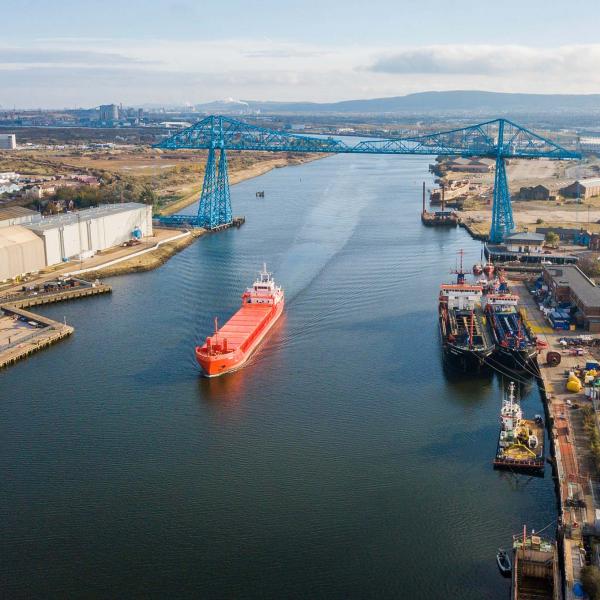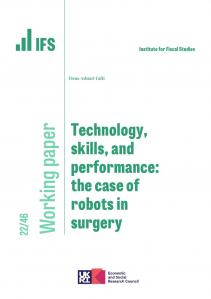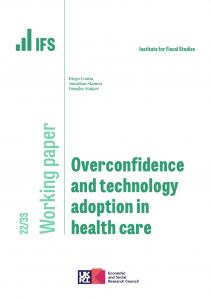It has been well documented that US and European multinationals have expanded the amount of high-tech investment and innovative activities carried out offshore (OECD 2008). There is evidence that firms may offshore innovation activities not only to adapt products to local conditions but also to develop state-of-the-art technology.
Authors

CPP Co-Director, IFS Research Director
Rachel is Research Director and Professor at the University of Manchester. She was made a Dame for services to economic policy and education in 2021.

Research Fellow Institute for Fiscal Studies
Laura is a Research Fellow at IFS. Her current work focuses on tax and social protection policy and programme evaluation in developing countries.

Comment details
- Publisher
- VoxEU
Suggested citation
L, Abramovsky and R, Griffith and H, Miller. (2012). Offshoring high-skilled workers is not a zero-sum game [Comment] VoxEU. Available at: https://ifs.org.uk/articles/offshoring-high-skilled-workers-not-zero-sum-game (accessed: 28 April 2024).
More from IFS
Understand this issue

It’s time to take a firmer grip on companies and competition law
Globalisation, inequality, feeble productivity growth, earnings stagnation, the falling labour share of national income — the most important features of economic life. And one institution binds them together: the firm.
25 April 2022

Spring Budget 2024: What you need to know
7 March 2024

If you can’t see it, you can’t be it: role models influence female junior doctors’ choice of medical specialty
24 April 2024
Policy analysis

Freeports: What are they? What do we know? And what will we know?
10 March 2023

Freeports and Investment Zones – what sorts of things should we consider when assessing whether they are good policy?
10 March 2023

UK outlook: why we need to do things differently
11 October 2022
Academic research

Firms and inequality
3 March 2022

Technology, skills, and performance: the case of robots in surgery
7 November 2022

Overconfidence and technology adoption in health care
31 August 2022